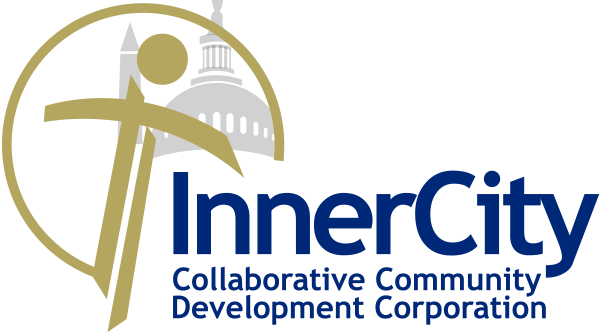DYRS-Department of Youth Rehabilitation Services
"The Credible Messenger Initiative" at the Department of Youth Rehabilitation Services (DYRS) is a transformative, mentoring intervention program for youth committed to the agency, with a restorative justice philosophy for young people in the community at large. The mission of the initiative is to connect all young people in the care and custody of DYRS to healthy homes and supportive communities, and to provide preventative supports to all youth in Washington D.C
Office Hours
Monday to Friday, 8:30 am to 5 pm
Connect With Us
450 H Street, NW, Washington, DC 20001
Phone: (202) 299-5362
Fax: (202) 299-5608
TTY: (746) 777-7776
Alternate Number: (202) 576-8418
Email: dyrs@dc.gov
SAFE PASSAGE
In August 2017, the School Safety and Safe Passage Working Group collectively decided to focus on specific areas of the city to improve student safety as they travel to and from school. Areas were selected based on the number of student-involved incidents in the area using data from MTPD from the 2016-2017 school year and anecdotal information from various stakeholders within the Working Group. To support cross-sector collaboration between DCPS and public charter schools, DME hosts coordination calls for each of the initial safe passage priority areas between the school leaders, police officers, and transportation specialists that work in those areas to create solutions for an student safety issue that is present in that cluster. The School Safety and Safe Passage Working Group will continue to evaluate the safety in each of the initial priority areas to determine if additional support in the area is necessary. In addition, the School Safety and Safe Passage Working Group will consider expanding the existing group of safe passage areas based on student safety concerns.
1350 Pennsylvania Avenue, NW, Washington, DC 20004
TTY: 711
Email: safepassage@dc.gov
CURE THE STREETS
Cure the Streets is a pilot public safety program launched by OAG aimed at reducing gun violence. It operates in discrete high violence neighborhoods using a data-driven, public-health approach to gun violence by treating it as a disease that can be interrupted, treated, and stopped from spreading. Research and data show that empowering communities to interrupt violence, intervening with those most likely to commit or be victims of violence, and changing norms around violence can have long-lasting impacts. That’s why OAG launched Cure the Streets in several targeted neighborhoods that have historically experienced some of the highest rates of gun violence. OAG staff manage grants to organizations that administer the program and monitor data regarding its efficacy.
Cure the Streets is based on the Cure Violence Global model, which employs local, credible individuals who have deep ties to the neighborhood in which they work. Here how’s the program works:
- Outreach workers and violence interrupters de-escalate conflicts, attempt to resolve them through mediation, and avert potentially fatal shootings.
- They work to develop relationships with residents who are at high risk of being involved in gun violence so they can detect and mediate conflicts, prevent shootings, and improve public safety.
- After mediating a conflict, the violence interrupters remain engaged with the participants, in part to ensure the mediation results in a lasting peace, and to help connect the person with services and to help them live non-violent lives.
Cure the Streets is designed to address certain types of gun crimes, those that result from reciprocal violence. It is not intended to address, for example, intimate partner violence or violence related to random crime.
ACCESS HELP LINE
The Access HelpLine at 1(888)7WE-HELP or 1-888-793-4357 is the easiest way to get connected to services provided by the Department of Behavioral Health and its certified behavioral health care providers. This 24-hour, seven-day-a-week telephone line is staffed by behavioral health professionals who can refer a caller to immediate help or ongoing care. The Access Helpline can activate mobile crisis teams to respond to adults and children who are experiencing a psychiatric or emotional crisis and are unable or unwilling to travel to receive behavioral health services.
Call the Access Helpline to:
- Get emergency psychiatric care
- Help with problem solving
- Determine whether to seek ongoing mental health services or other types of services
- Find out what services are available
Young people can call the Access Helpline for help dealing with the drama of family, death, school, drugs, gangs and violence. We can help you sort out and manage feelings of hopelessness, anger, grief, stress or whatever is troubling you.

